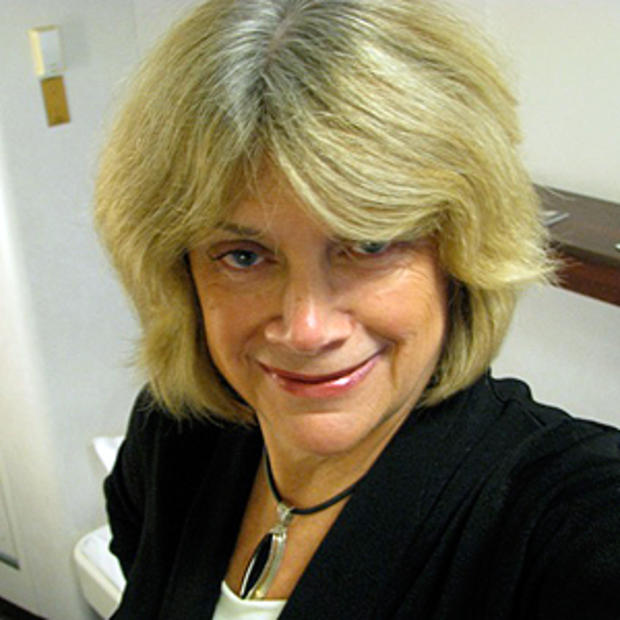While the Seattle Mariners were engaged in preparation for spring training in Peoria, nearly 1,000 people descended upon Safeco Field on a weekday in February. No baseball for these folks, this was the Hutch Award Luncheon, an annual fundraising event for the Fred Hutchinson Cancer Research Center. This year’s recipient was Billy Butler of the Kansas City Royals, who is known for his selfless attitude and concern for others.
Held out in left field, the two-hour white tablecloth event didn’t feature hot dogs and beer, but a catered menu of spinach and roasted beet salad with goat cheese; roasted red pepper-tomato bisque; and chicken salad pita wraps. Oh, and fresh baked cookies for dessert — nary a Cracker Jack in sight. A donation of $150 or more was requested from each guest.
Now in its 47th year, the Hutch Award was created in 1965 in honor of the late Fred Hutchinson, a Seattle native. During his Major League Baseball career, “Hutch” won 95 games as a pitcher for the Detroit Tigers and later went on to manage three big-league clubs. His high point was piloting the Cincinnati Reds to the World Series in 1961. When he detected small lumps in his throat and upper chest in 1963, he contacted his brother, Seattle cancer surgeon Dr. Bill Hutchinson. He was diagnosed with lung cancer, told he had no more than a year to live and died on Nov. 12, 1964 at his home in Bradenton, Florida.
The Hutch Award was created by his longtime friends Bob Prince, broadcaster of the Pittsburgh Pirates; Jim Enright, Chicago sportswriter; and Ritter Collett, sports editor of the Dayton Journal Herald, a newspaper of the time. The award is given to a MLB player who best exemplifies the honor, courage and dedication of Fred Hutchinson, and the recipient is selected through a vote of all surviving former awardees.
Past honorees include inaugural winner Mickey Mantle, along with Baseball Hall of Famers Sandy Koufax, Carl Yastrzemski, WIllie McCovey and Lou Brock. More recently, Jamie Moyer, Craig Biggio, Jon Lester, Mark Teahen, and Tim Hudson have joined their ranks. Butler, their choice for this year, and his wife started a campaign to feed needy families in the Kansas City area.
With a temporary floor on Safeco’s Field’s playing surface, plus space heaters in place, it was an oddly cozy lunch venue — the Mariner Moose was part of the welcoming committee. Due to a glitch with the Safe’s roof, it was partially open, but fortunately the blue skies meant that dining donors didn’t need to dig out their bumbershoots to ward off winter raindrops. The only real distraction, one that Mariners’ fans are used to, was the loud whistles of trains passing by. It was no surprise that the hosts for the luncheon hailed from the sports world: Steve Raible of KIRO Television; Mike Gastineau, Sports Radio KJR; Rick Rizzs, Seattle Mariners; and Bill Wixey, Q13 FOX News, himself a cancer survivor.
At one point, Wixey addressed the crowd, “Everybody stand up who has been touched by cancer!” and nobody remain seated. It was an in-your-face moment, and the follow-up testimonial by the McLendon family was an in-your-heart moment. The McLendon’s eight-year-old son Logan was diagnosed with acute lymphoblasti leukemia in 2005, and following three years of chemotherapy and eventually a bone marrow transplant, today Logan McLendon a healthy, cancer-free, football-playing 14-year-old.
Former Mariner John Olerud, a recipient of the Hutch Award in 1993, was at the luncheon to honor 2012 winner Billy Butler. As the designated hitter for the Kansas City Royals, Butler was obviously more comfortable in a baseball uniform than a suit and tie (“I wish my bat was up here giving the speech”). But he warmed up to the crowd when talking about the Hit-It-A-Ton campaign that he and his wife, Katie, formed in 2008 to help feed disadvantaged families in the Kansas City area. For each home run Butler hits, $250 is donated to the campaign, plus $125 for doubles. In its first three years, the program raised in excess of $200,000, providing more than 960 tons of food distributed through two food banks and a community kitchen in Kansas City.
I was most eager to hear keynote speaker Cal Ripken, Jr. As a fan of his since attending a Baltimore Orioles game in Camden Yards back in the early '90s, he’s at the top of my short list of “good guy” athletes. Walking up to the podium to Tina Turner’s raucous "Simply the Best," he didn’t disappoint. Inducted into the National Baseball Hall of Fame in 2007, Ripken spoke about the key things he learned from a life in baseball: Contribute. Conviction. Manage Your Life. And like most everybody else in the stadium, his life has been touched by cancer, with his father dying from lung cancer at the age of 63. In 2001, Ripken and his family established the Cal Ripken, Sr. Foundation that works with Boys & Girls Clubs, Police Athletic League centers, inner-city schools, and other organizations assisting our country’s most distressed communities.
The 2012 Hutch Award Luncheon raised more than $400,000. The funds benefit The Gregory Fund for early cancer detection research at Fred Hutchinson Cancer Research Center.



